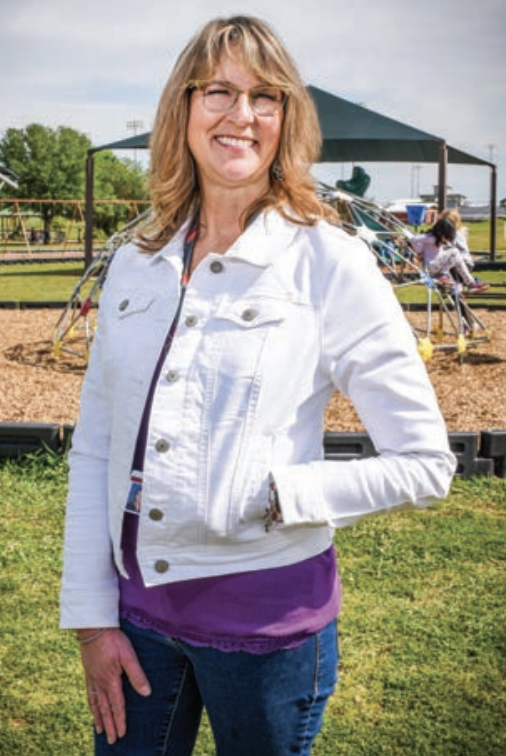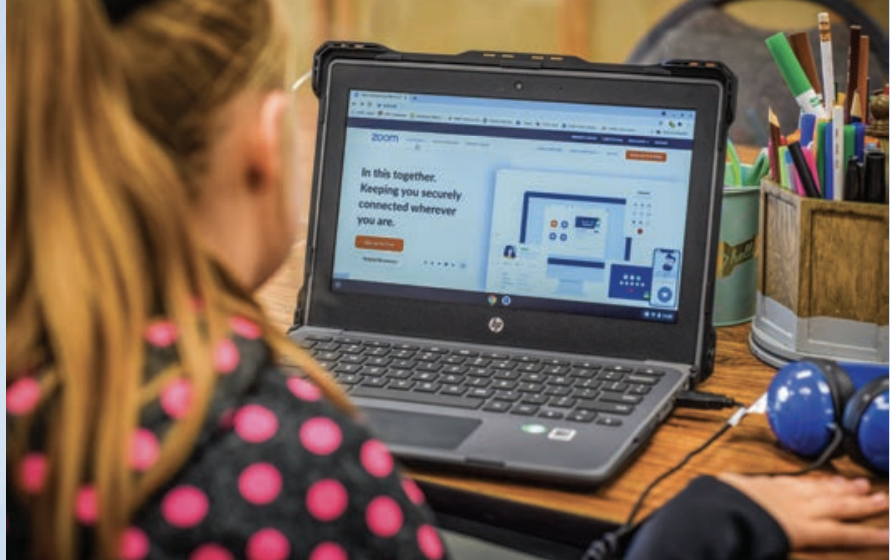Counseling the Kids
This article was first published in the June 2021 Texas Co-op Power magazine as part of a piece written by Mary Ann Roser on the rise of telemedicine in Central Texas during COVID-19. To read the full article, click here.

Children and adolescents have not been left out of the telehealth trend.
Schools, partnering with university health centers, are jumping in to fill a yawning gap in mental health services for students, some of whom have experienced pandemic-related anxiety and depression. Fortunately, the Texas Legislature in 2019 provided money to launch the Texas Child Health Access Through Telemedicine program as part of the new Texas Child Mental Health Care Consortium. The consortium, administered by the University of Texas System, includes Texas’ 13 state-funded health-related institutions of higher education. They provide psychiatrists, therapists and doctoral students to help children and adolescents while they’re in school.
At Caldwell Elementary School in Burleson County, Beverly Lilie is the only counselor for the school’s 550 pupils in pre-kindergarten through third grade. She has trained teachers how to identify students who could benefit from the telemedicine program, and if the parents agree, the child receives four free telehealth counseling sessions, plus an intake visit. Students needing longer-term care receive referrals to therapists.

Sarah Beal Photos
“It’s been absolutely wonderful,” Lilie said. She now has an effective, convenient way to help struggling children. “I like that they are communicating with the parent and give the parents ideas and suggestions” on helping their child. Because the students in her school are so young, Lilie wondered how well they would adapt to working with a counselor on a screen. She has been pleasantly surprised.
“They all, within a short period of time, built a relationship with that person and really looked forward to seeing them,” Lilie said. “Some of them were sad when they were told it was their last session.”
